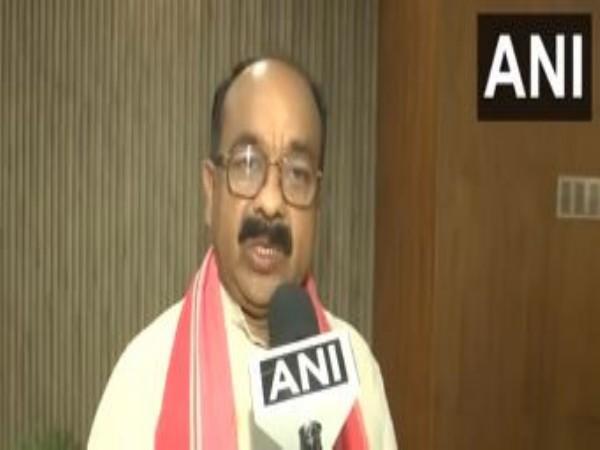
Shah has resolved to end Naxalism by 2047: Chhattisgarh Dy CM
In a recent statement, Chhattisgarh Deputy Chief Minister Arun Sao has made a bold claim, stating that Home Minister Amit Shah has resolved to completely eliminate Naxalism by 2047. This comes on the heels of a series of encounters in which 30 Naxals were killed in the Bijapur and Kanker districts. The Deputy CM has hailed these encounters as a “big success for our soldiers” and believes that the killing of 30 Naxalites is a significant step towards fulfilling the Home Minister’s resolve.
The statement by Arun Sao has sparked both hope and controversy. On one hand, many see this as a bold and ambitious goal, which could potentially bring an end to the decades-long struggle against Naxalism. On the other hand, critics have raised concerns about the use of force and the potential for human rights violations in the government’s efforts to eliminate the Maoist insurgency.
For those who may be unfamiliar, Naxalism is a left-wing insurgency that has been active in India for several decades. The movement, which is inspired by the ideology of Mao Zedong, seeks to overthrow the capitalist system and establish a socialist state. The insurgency has been characterized by violent attacks on government forces and civilians, as well as land seizures and extortion.
The government has been waging a war against Naxalism for many years, with varying degrees of success. While there have been several periods of relative calm, the insurgency has never been completely eradicated. In recent years, the situation has become increasingly volatile, with attacks becoming more frequent and violent.
The Chhattisgarh government has been particularly affected by the insurgency, with several districts in the state being under the control of the Maoists. The state government has launched several operations against the Naxals, but these have often been met with fierce resistance and heavy casualties on both sides.
In the recent encounters in Bijapur and Kanker, 30 Naxals were killed, while several others were injured. The government has hailed these encounters as a major success, claiming that they have dealt a significant blow to the Maoist movement. However, the Maoists have denied that they suffered any significant losses, and have vowed to continue their fight against the government.
The statement by Arun Sao has sparked concerns about the potential for human rights violations in the government’s efforts to eliminate the insurgency. Human rights groups have long accused the government of using excessive force and committing human rights abuses in its efforts to quell the insurgency. The use of force has often been disproportionate, with civilians being caught in the crossfire and suffering heavy casualties.
Furthermore, the government’s approach to Naxalism has been criticized for being overly militarized. The focus on using force to quell the insurgency has led to a neglect of the root causes of the problem, including poverty, inequality, and lack of access to basic services. Many experts believe that a more nuanced approach is needed, one that addresses the underlying grievances of the people and seeks to build trust and understanding between the government and the Maoist movement.
Despite these concerns, the statement by Arun Sao has been met with a degree of optimism. Many see the government’s commitment to eliminating Naxalism as a positive step, and believe that a more concerted effort is needed to bring an end to the insurgency. The use of force may be necessary in certain circumstances, but it should be accompanied by a broader effort to address the root causes of the problem and build trust with the people.
In conclusion, the statement by Chhattisgarh Deputy Chief Minister Arun Sao has sparked both hope and controversy. While the killing of 30 Naxalites is a significant blow to the Maoist movement, the use of force should be accompanied by a broader effort to address the root causes of the problem and build trust with the people. The goal of eliminating Naxalism by 2047 is ambitious, but it is crucial that the government approaches this goal with a nuanced and balanced approach that takes into account the complex realities of the insurgency.
Source:



